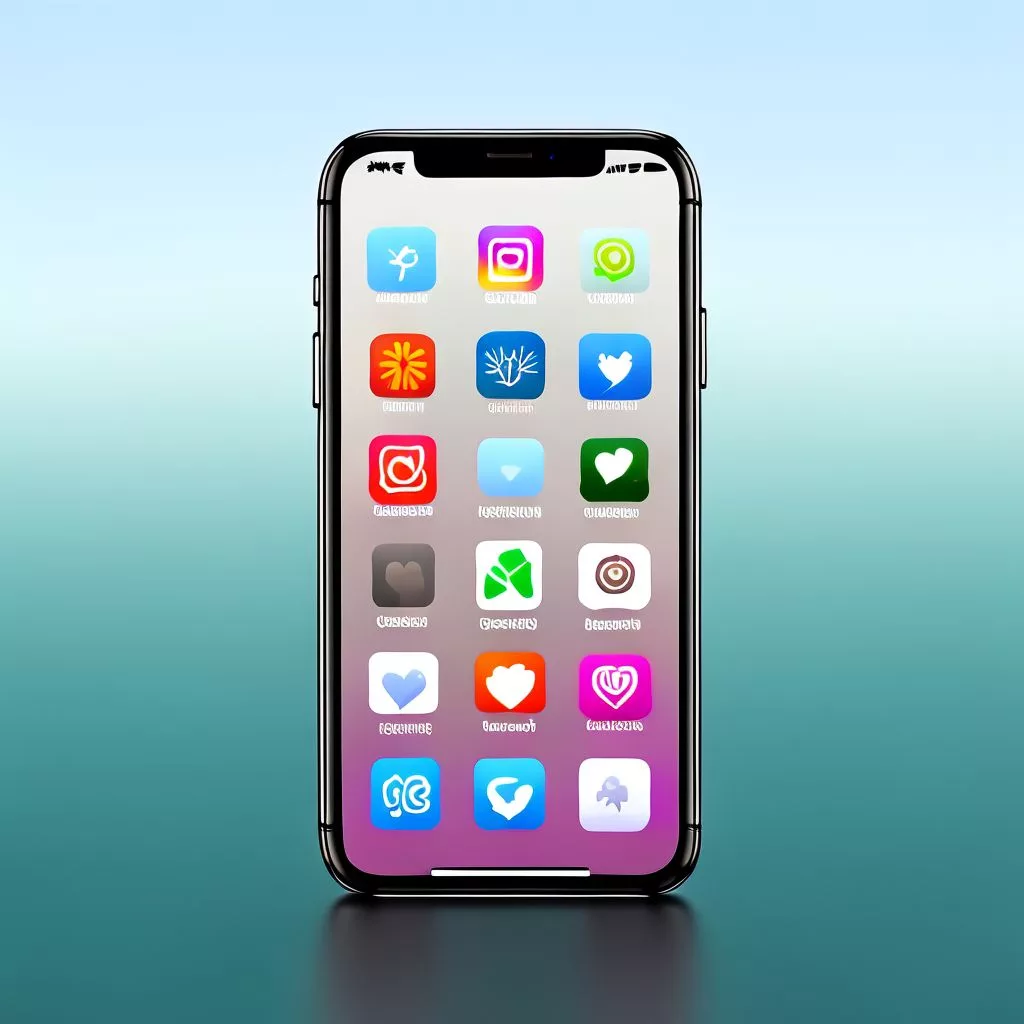In today’s busy world, mental health support is just a click away thanks to digital tools. Apps like Headspace help with mindfulness and relaxation, while BetterHelp connects users to therapists online. Calm offers soothing stories and music for better sleep, and Moodfit lets you track your mood and set goals. With options like Syked for culturally sensitive care and Woebot for AI support, these tools make it easier for everyone to find the help they need. Together, they are changing how we approach mental well-being, making it more accessible and understood.
What Are the Best Digital Tools for Mental Health Support?
Digital tools for mental health support include popular apps like Headspace for mindfulness, BetterHelp for online therapy, Calm for relaxation, Moodfit for mood tracking, Talkspace for affordable therapy, Syked for culturally sensitive care, and Woebot for AI-driven assistance. These platforms enhance accessibility and cater to diverse needs.
Expanding Access to Mental Well-being
In today’s fast-paced world, grappling with mental health issues has become a common experience for many. Fortunately, the digital revolution has opened up an array of support options that are merely a click away. This shift has been particularly noticeable in the rise of mental health applications, which provide a broad spectrum of services ranging from mindfulness practices to professional therapy sessions.
One of the trailblazers in this field is Headspace, a meditation and mindfulness app that has gained popularity for its user-friendly platform. It caters to both beginners and experienced practitioners, offering guided meditations, calming sleep sounds, and stress-relief exercises. Headspace takes inspiration from ancient meditation techniques, blending them with modern conveniences to make the practice accessible to a wider audience. With its roots in Eastern philosophies, meditation has long been recognized for promoting inner peace and resilience. Headspace modernizes this ancient tradition, adapting it to fit the demands of contemporary living.
BetterHelp offers an alternative route to mental health care by providing online therapy, connecting users with licensed therapists through various communication methods such as chat, phone, or video. This platform makes professional mental health support more accessible by overcoming geographical limitations and offering assistance anytime and anywhere. The once novel idea of remote therapy is now widely accepted as a viable and often preferred option for counseling. BetterHelp leads this movement, illustrating how technology can close gaps in the availability of mental health services.
Embracing Tools for Relaxation and Emotional Awareness
In the pursuit of relaxation and better sleep, the Calm app emerges as a beacon of tranquility. It crafts an auditory haven with soothing sleep stories and calming music, designed to ease the mind into a state of relaxation. With its guided meditations targeting stress reduction and improved sleep, Calm addresses insomnia—one of the most persistent challenges of modern life. The app’s approach draws from the ancient art of storytelling, adapting it to meet contemporary needs and helping users find peace in today’s chaotic world.
For individuals keen on understanding their emotional patterns, Moodfit provides a comprehensive mood-tracking tool. The app allows users to set mental health goals and engage in exercises rooted in cognitive behavioral therapy (CBT). This empowers users to take control of their mental wellness. CBT, a pillar of modern psychology, focuses on changing negative thoughts and behaviors. Moodfit simplifies these intricate therapeutic techniques into daily exercises, making psychological self-care more accessible to all.
Talkspace enters the scene as a solution for affordable therapy. It offers flexible options for engaging with therapists, allowing users to communicate with professionals at their convenience. This model reflects a broader trend towards flexible, on-demand services seen across various sectors. By lowering financial barriers, Talkspace makes mental health care more inclusive and widely available.
Culturally Sensitive and Workplace-Focused Solutions
Syked stands out with its culturally tailored approach, connecting users with registered South African psychologists and counselors. This app underscores the significance of cultural context in therapy, ensuring that support resonates with a user’s unique experiences and background. Syked acknowledges the rich tapestry of human experience, offering personalized care that respects individual narratives and provides a supportive environment.
In the realm of workplace mental health, Life Health Solutions offers valuable resources for employees, including confidential counseling and stress management programs. As the boundaries between work and personal life blur, maintaining mental wellness in professional environments is crucial. This app aids organizations in creating a healthy work atmosphere, recognizing that employee well-being is essential for overall productivity and satisfaction.
Embracing cutting-edge technology, Woebot presents AI-powered mental health support through a chatbot that offers emotional assistance around the clock. This app exemplifies technological advancement in mental health care, using artificial intelligence to deliver immediate, empathetic support. Although some may question AI’s role in sensitive areas like mental health, Woebot’s success demonstrates that technology and empathy can coexist harmoniously.
Shaping the Future of Mental Health Care
These diverse apps collectively reshape the mental health support landscape, showing how technology can offer accessible, effective care tailored to individual needs and preferences. As we navigate the complexities of modern life, these digital tools serve as guiding lights, steering us toward a more mindful and balanced existence.
In a broader context, the rise of mental health apps signifies a cultural shift toward self-care and the destigmatization of mental health challenges. It highlights the understanding that mental well-being is as vital as physical health, deserving of care and attention. These platforms not only provide solutions but also foster a global conversation on mental health’s importance, encouraging individuals to seek help without hesitation.
As we continue to embrace these digital innovations, the potential for further advancements appears boundless. The integration of virtual reality, biofeedback, and personalized AI companions may soon become commonplace, offering even more sophisticated tools for mental wellness. These developments will likely continue to shape the future of mental health care, ensuring that support remains ever within reach in our digital age.
FAQ: Navigating the Digital Age of Mental Health Support
What digital tools are available for mental health support?
Digital tools for mental health support include popular apps like Headspace for mindfulness, BetterHelp for online therapy, Calm for relaxation, Moodfit for mood tracking, Talkspace for affordable therapy, Syked for culturally sensitive care, and Woebot for AI-driven assistance. These platforms enhance accessibility and cater to diverse needs.
How does Headspace assist with mental health?
Headspace is a meditation and mindfulness app that offers guided meditations, calming sleep sounds, and stress-relief exercises. It caters to both beginners and experienced practitioners, making ancient meditation techniques accessible to a wider audience.
What is BetterHelp and how does it work?
BetterHelp is an online therapy platform that connects users with licensed therapists through chat, phone, or video sessions. It provides professional mental health support anytime and anywhere, overcoming geographical limitations and making therapy more accessible.
How can Calm improve my sleep quality?
Calm is designed to promote relaxation and better sleep through soothing sleep stories, calming music, and guided meditations. It specifically addresses issues like insomnia, helping users ease their minds and find tranquility in a chaotic world.
What features does Moodfit offer for emotional awareness?
Moodfit provides a comprehensive mood-tracking tool that allows users to set mental health goals and engage in exercises rooted in cognitive behavioral therapy (CBT). This empowers users to take control of their mental wellness by simplifying therapeutic techniques into daily exercises.
How does Syked cater to culturally sensitive care?
Syked connects users with registered South African psychologists and counselors, emphasizing the importance of cultural context in therapy. This app provides personalized care that respects individual narratives and experiences, ensuring that support resonates with the user’s unique background.












